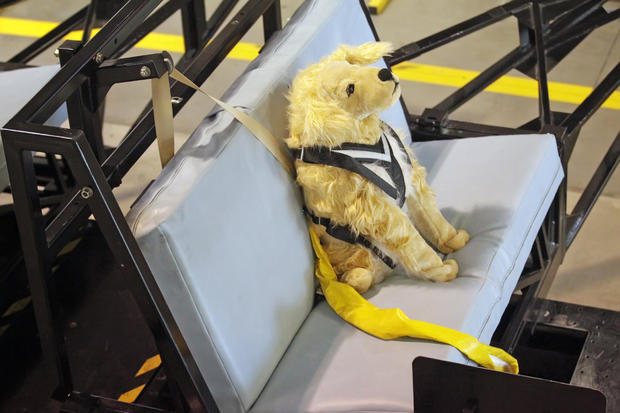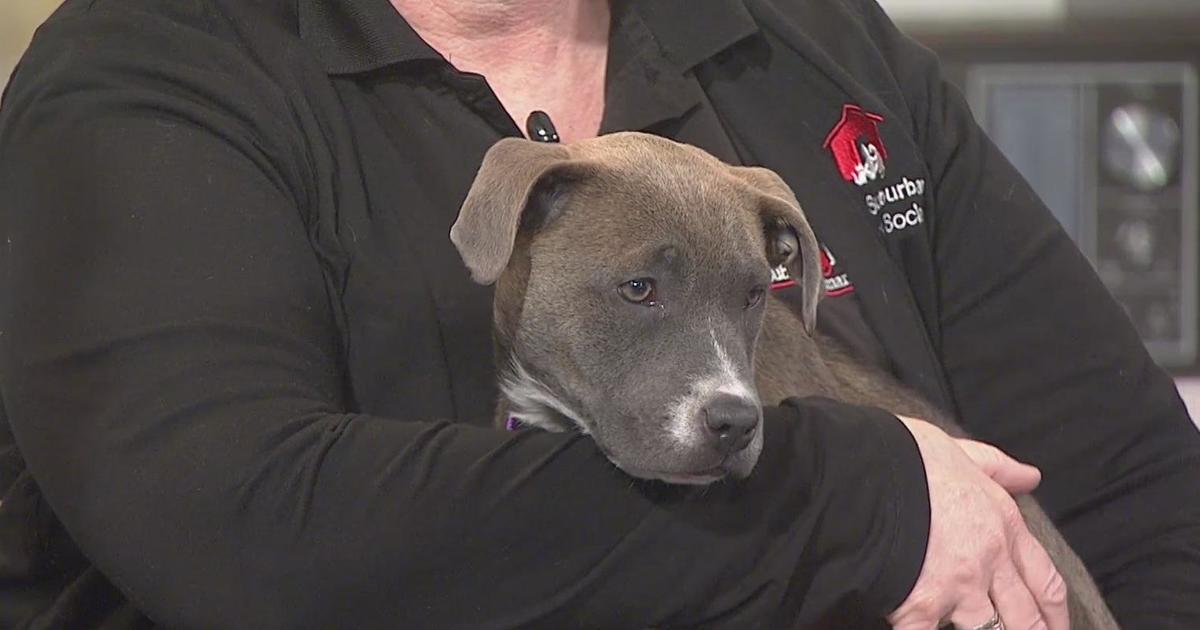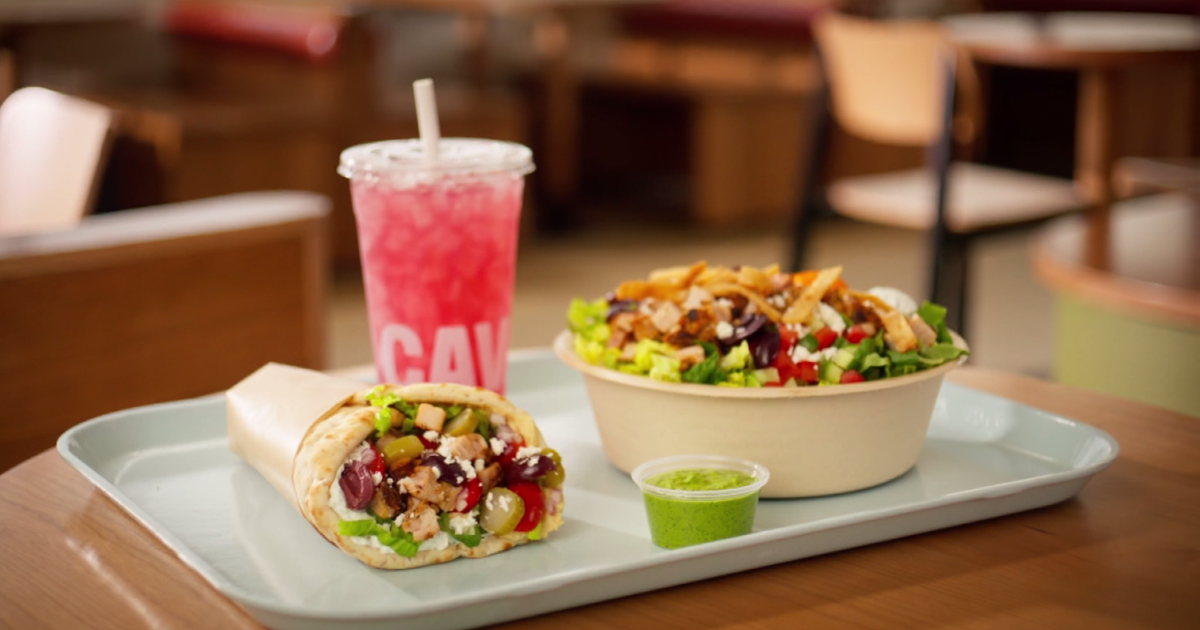Pet Safety Products Get Failing Grades
By Steve Grzanich
CHICAGO (CBS) – Many people will be traveling by car this Thanksgiving and chances are, they will bring their pets along for the ride. But a new, first-of-its-kind study gives failing grades to the most popular travel safety gear for pets, including harnesses and vehicle restraints.
Pet Safety Study
"The results of our study shows the pet products industry still has a ways to go to improve on these harness products," says Lindsey Wolko, founder of The Center for Pet Safety in Virginia.
With funding from Subaru, the center tested the top pet safety harnesses on the market. Independent experts ran tests using several sizes of specially-built test dummy dogs.
Those included a 25-pound terrier mix, a 45-pound border collie and a 75-pound golden retriever and 55-pound boxer. Only one of the 11 harnesses tested by the center provided some measure of protection.
"The worst thing we saw was when the harness suffered a catastrophic failure, which means the harness breaks in such a way that the test dog is released from the harness or the connection point fails and the dog just takes off and goes flying. We saw many of those in this study. It's very concerning," Wolko tells WBBM Newsradio.
The tests showed flaws in the other safety harnesses, including hardware problems, construction issues and outright failures of stitching or connections. In the most graphic examples, harnesses had catastrophic failures and launched the dog off the seat.
Only the "Sleepypod's Clickit Utility Harness" protected all the dummy dogs in 30 mph crashes.
"This was the only brand that consistently kept the dog on the seat for every test. It prevented the launch of the dogs and prevented side-to-side and fore-and-aft rotation of the dog and helped keep the spine fairly stable," says Wolko.
Read the full Center for Pet Safety report here.
The goal of the study is to highlight the danger of driving with pets and the need for uniform test and safety standards. Unrestrained pets can strike human passengers or risk serious injury when they slam into seats or other internal structures of a vehicle.
"There are no standards for these products right now. This is a $60-billion-dollar-a-year industry that has absolutely no oversight. It's pretty much the Wild West. The manufacturers currently do not have to do any testing of these products before they bring them to market. Manufacturers can do and say whatever they want without anyone looking over their shoulder to vet those claims," says Wolko
Wolko's inspiration in founding The Center for Pet Safety came a decade ago when her own dog suffered serious injuries when Wolko hit the brakes suddenly to avoid a crash. The Cocker Spaniel named Maggie suffered spine and hip injuries when her legs tangled in the harness. The dog struck the back of the driver's seat.
Consumer Reports published the Center for Pet Safety findings and several of the product manufacturers watched the testing. Wolko says they support guidelines for testing in the pet products industry.
The Center for Pet Safety is not affiliated with the pet products industry. The doggie crash tests used federal Motor Vehicle Safety standards and protocols established for human testing.
Wolko says the center will now turn its attention to testing other products including car crates, carriers, barriers and even dog lifejackets.
On the web: http://centerforpetsafety.org




